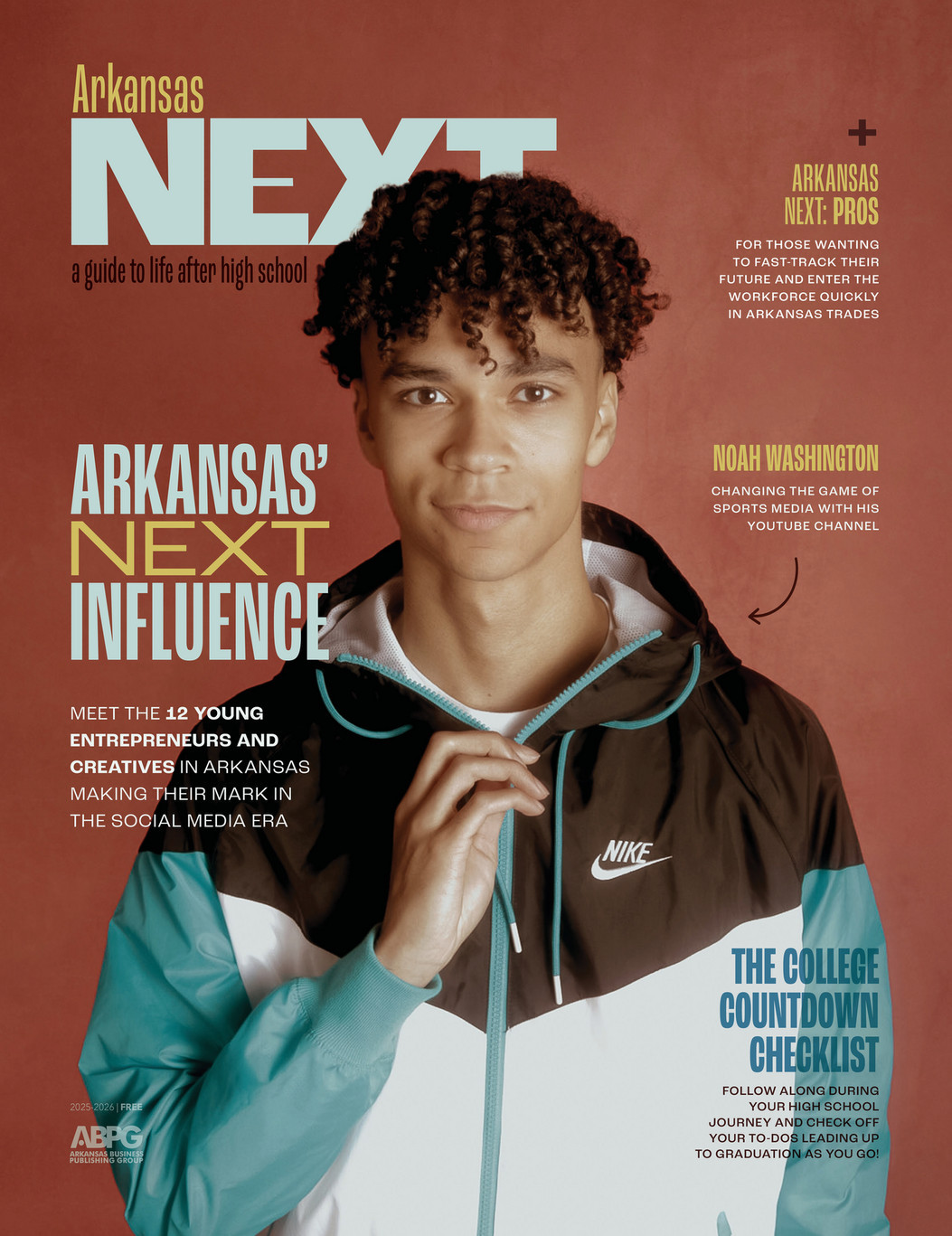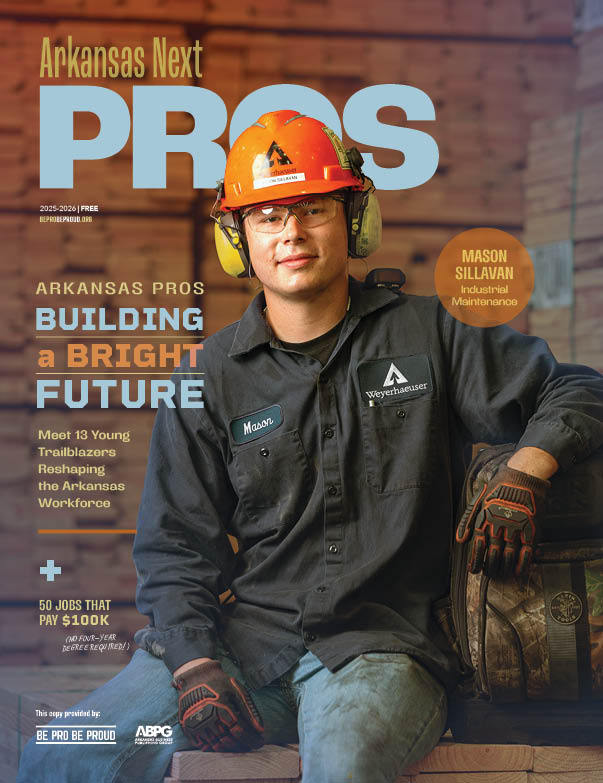Tips on Getting a Top-paying Job in Math or Science
By Lindsay Irvin on Thursday, September 9, 2010
It’s one of the most challenging and important math problems you’ll face. The equation can’t be solved with an algebraic formula, but there is a simple solution. Statistics show that a focused education in mathematics or science, or both, can be the answer for students looking for big salaries and stable employment.
Paying Attention in Calculus Pays Off
The value of a math and science education is a no-brainer if you hope to develop new nanotechnology, study genetics as a biochemist, or work as an environmental engineer. Even if your career ambitions aren’t as lofty, remember that electricians, plumbers and construction workers all need extra training in subjects like Geometry and Trigonometry to perform their jobs, according to ACT. No matter what your career ambitions are, the more math and science education you have, the farther you’ll likely go.
“The next big wave of really incredible jobs will be in the math and science fields, not in marketing and not in business,” said Tommie Sue Anthony, president of the Arkansas Advanced Initiative for Math & Science, which was created to manage Arkansas’ $13.2 million National Math & Science Initiative Grant. “Math and science are truly the best foundation for students to go lots of different directions.” In fact, the U.S. Department of Labor projects that by 2018 there will be more than 2.7 million job openings in science, technology and engineering. Yet fewer and fewer students are graduating with degrees in those subjects.
Because this field requires a steady supply from a shrinking pool of candidates, you stand to make a larger salary than your peers. UALR reports that its engineering, computer science and information sciences graduates are already reaping the rewards – making an average of $18,000 more straight out of college than graduates outside those fields. That’s part of the reason Ashley Fejleh, a recent University of Arkansas at Little Rock graduate, chose Environmental Health Sciences for her major. “Majoring in any category of math and science will be beneficial for an aspiring professional because of the vast career options you will have after graduation,” Fejleh said. To her, those opportunities were worth the tougher time in college. “I cannot say math and science came especially easy for me, but I find both of them intriguing,” she said. “And [because I built] a strong foundation in math and science [during] high school, when I entered UALR, I was able to relax and think about how I could pursue a career in science instead of worrying about passing the class.”
Where to Sharpen Your Math & Science Skills
Fejleh rounded out her AP math and science studies in high school with job shadows and collegiate research conferences. She understood the value of her experiences. “There is not a day that goes by where you do not rely on some form of technology,” she said. “Scientific breakthroughs happen every day, and they’re changing the way that we live.” Fortunately, Arkansas leaders recognize this and are creating a variety of educational programs to advance students who are gifted in these subjects. You don’t have to wait until college to prepare for a career in math and science. Start laying the groundwork now by getting involved in some of these programs:
For more challenging coursework in your junior and senior years, look into the Arkansas School for Mathematics, Sciences & the Arts. Located in Hot Springs, the school requires interested students to interview and submit several test scores, three letters of recommendation and more. The thorough admission process has proven worth it: ASMSA grads are known for higher ACT scores and GPAs, earning them numerous college acceptances and millions in scholarship funds.
Plywood, PVC pipe and piano wire are just some of the supplies you’ll use to design and build a functioning machine in a special science showdown. Where do you sign up? At one of the BEST Robotics Hubs (Boosting Engineering, Science, and Technology) that have popped up at college campuses across the state. If you’re in middle school or high school, you can join your school team (if available) or others state teams in building a machine that will compete against 11,000 students across the country.
The University of Arkansas at Little Rock’s College of Engineering & Information Technology offers students in grades 6-12 programs like:
Pre-College Diversity Engineering Program: The program has two signature events – Engineering Essay Contest and the Engineering Olympics.
JETS TEAMS Competition: Students work in teams to solve problems covering mathematics, chemistry, physics, biology, visual interpretation, computer applications, and reading analysis and interpretation.
High School Research Program: This program engages students in faculty research projects, allowing high school students to establish early contact with college students and professors in specific areas of their interest.
Engineering Scholars Program: Students get their hands on engineering projects, take plant trips and interact with industry engineers.
Girls of Promise – Women’s Foundation of Arkansas: This one-day motivational program for eighth-grade girls encourages participation in science, technology, engineering and mathematics careers.
Project Starting Block – National Society of Black Engineers Arkansas Alumni Chapter: Students learn about careers, practice résumé writing, take tours of EIT labs and participate in an engineering competition.
Compete against your peers – and future job competitors – at the Arkansas Science & Engineering Fair. Fairs such as this one have proven to benefit those who pursue careers in math and science.
Participate in math, science and technology lab activities at the University of Arkansas’ Center of Mathematics & Science Education University Days. Students in grades 7-12 get fun, free hands-on training. You’ll need a team partner – a friend or classmate – and an accompanying adult to participate in the 2011 event, set for Feb. 18, 2011.
Seventh- through 12th-graders can compete statewide and regionally in the Arkansas Junior Academy of Science, in which you research and develop a special project and then present your findings to an audience and judges in hopes of claiming a prize. Possible subjects include behavioral and social science, chemistry, zoology, computer science and more. The next contest will be in April 2011; you can register as early as February 2011.
Prepare for college and careers through various programs offered by Pulaski County Youth Services, including a five-week ACT Prep Program for sophomores, juniors and seniors, and Youthonomics: Investing in Your Future, a hands-on financial planning half-day camp that reveals the dangers of debt, the benefits of savings and more.
Get actual experience and professional mentorship by contending in The Real World Design Challenge, a national web-based program in which you’re mentored by Arkansas professionals. How so? You and your team work to solve an actual engineering problem for their company. Top performers compete at nationals in Washington, D.C.















